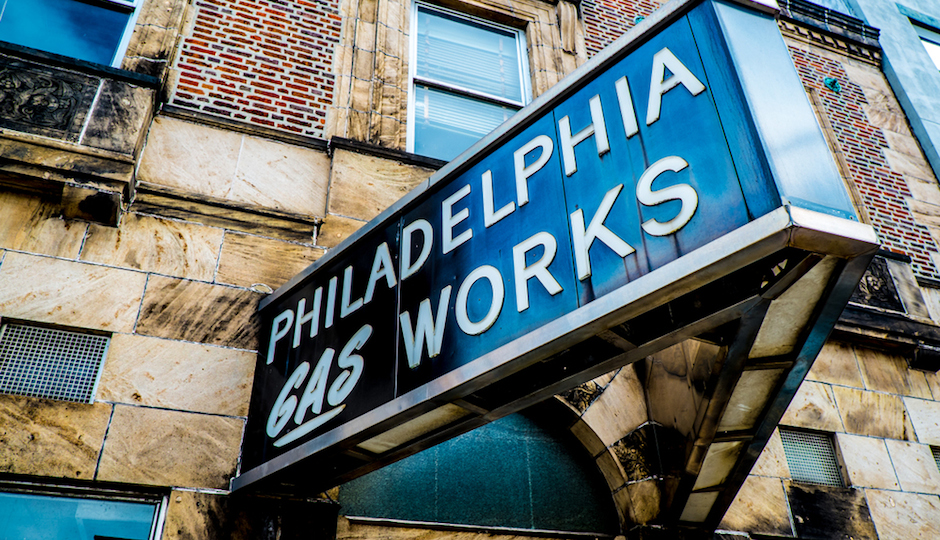Should Government Provide Services … or Jobs?

Photo | Jeff Fusco
Quick question: What’s government for, anyway?
There are lots of answers to that question, of course, but for the sake of argument, let’s boil it down to two possible answers in Philadelphia and Pennsylvania:
• Government’s job is to provide certain services to the public, a byproduct of which is also providing jobs to a number of people.
• Government’s job is to provide jobs to a number of people, a byproduct of which is also providing services to the public.
In the real world, the answer is probably a little bit of both — conservative fantasies of bare bones governance notwithstanding. The problem around here is that we’ve drifted a little too close to the second answer being the right one.
Take the proposed sale of Philadelphia Gas Works. I really don’t know whether the sale is a good idea or not — yes, it would be nice to raise money to catch up on pension obligations to the city’s workers — but I do suspect this: The decision should be made on what’s best for the citizens of Philadelphia. Instead, the evidence suggests the question will be largely decided on the basis of what might happen to PGW’s employees.
“This is an effort to privatize PGW,” Council President Darrell Clarke has said. “At the end of the day, we are not supportive of privatizing municipal workers.”
It’s the same issue that has blocked the privatization of the state-owned liquor store system. It is never-endingly bizarre that Pennsylvania is in the liquor retail business — a job that might better be performed by actual retailers. A big reason we don’t get that privatization? Nobody wants to make the system’s employees angry.
There are all kinds of signs that local government is worker-centric, rather than public- or service-centric. In a public-centric government, it would be easier to fire bad cops. In a public-centric government, BRT members wouldn’t get a raise for not keeping up with their work. In a public-centric government, we wouldn’t be arguing whether city employees and officials can take cash gifts.
Instead, we Philadelphians get a government that seems better at employing people, it seems, than it is at actually working.
Lest I sound like some Republican grumbler, let me add that there’s a good liberal reason for being concerned about this: When liberals discover problems that need government remedies, it’s easier to provide them if resources aren’t tied up in make-work projects that little serve the citizenry.
This isn’t to say that jobs shouldn’t weigh in the governmental calculus. Tom Corbett might be in better shape for re-election today, for example, if he hadn’t shrunk the state’s workforce by 3 percent — including the shedding of roughly 20,000 public school teachers. That made his overall job creation record look weak (the private sector didn’t necessarily jump to absorb all those teachers, after all) and lots of folks felt like those teachers were still needed in schools.
And let’s face it: Government jobs have been a pillar of the black middle class. Letting jobs go, willy nilly, can endanger both entire communities and local economies.
So jobs are important. But in the cases of PGW and the liquor stores — and beyond that, I suspect — they’ve crowded out consideration of what best serves the public. That seems unwise for a variety of reasons, not least of which is this: It’s the public picking up the tab.
Follow @JoelMMathis on Twitter.


